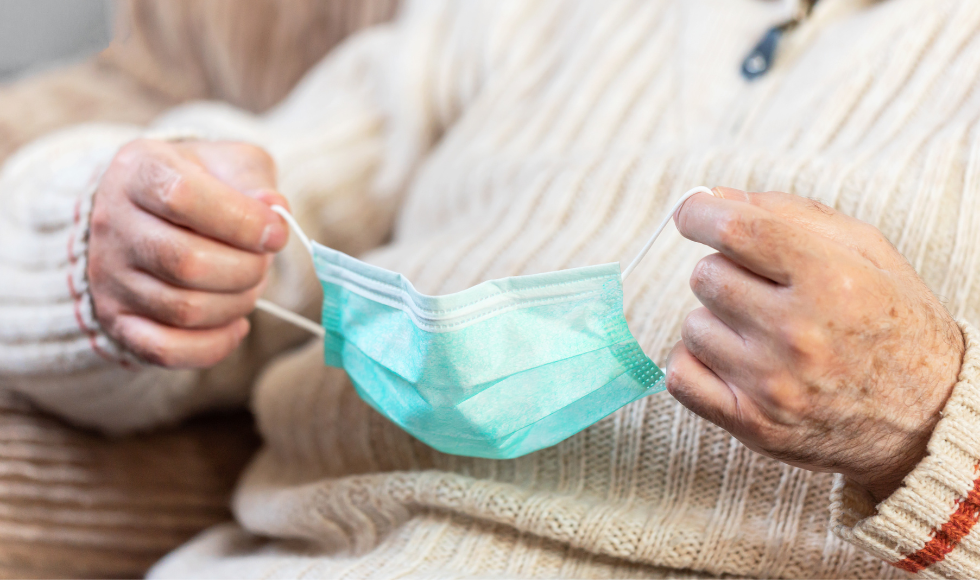Omicron infection may leave seniors more susceptible to future COVID infections, say McMaster researchers

August 21, 2023
Researchers at McMaster University have found that rather than conferring immunity against future infections, infection during the first Omicron wave of COVID left the seniors they studied much more vulnerable to reinfection during the second Omicron wave.
The surprising finding from a study of 750 vaccinated seniors in Ontario retirement homes and long-term care settings suggests we don’t understand how some Omicron variants can evade the immune system, according to Dawn Bowdish, an immunologist who holds the Canada Research Chair in Aging & Immunity.
There have been four major waves of Omicron infections in Ontario, and researchers found that being infected during the first wave — which was caused by the Omicron BA.1 and BA.2 variants — caused older adults to be more susceptible to infections in the third wave, which was caused by the Omicron BA.5 variant. Surprisingly, people who had had an infection with an early Omicron variant were much more susceptible to becoming reinfected than people who had never had an infection at all.
In the news
More about this research in The Globe and Mail

“This research highlights the need for continued vigilance and underscores the importance of ongoing preventive measures against COVID-19, says Bowdish, who is corresponding author of a study published in eClinicalMedicine, an open-access journal published by The Lancet.
“We must remain cautious and proactive in our approach to protecting public health.”
Senior co-author Andrew Costa, an epidemiologist and associate professor in McMaster’s Department of Health Research Methods, Evidence and Impact, says the findings should serve as a warning that we don’t know how previous infections will impact susceptibility to the variants which are now in circulation.

“These findings strongly suggest broader research is required to understand whether the wider population shares the same susceptibility as the seniors our group studied,” says Costa.
“Until we know more, we think it’s smart for everyone to protect themselves.”
Long-term care residents are easier to study because COVID-19 infections were, until recently, monitored more closely, Bowdish explains, and while the results may or may not be the same among the wider population, it’s important to learn more, and for everyone to consider a COVID vaccine booster this fall.
Though the researchers were not able to identify which Omicron variant a person had, all the initial infections occurred during the BA.1/BA.2 wave, and all the reinfections occurred during the summer of 2022 when the BA.5 variant was responsible for the vast majority of infections.
“We found that some individuals had normal immune responses after the first infection, while others had very low levels of protective antibodies, which we believe was one contributing factor to why they got reinfected,” says Bowdish.
The researchers urge people not to assume immunity from a prior Omicron infection and to remain vigilant to prevent further spread of the virus.
She and Costa emphasize the urgency of considering COVID vaccine boosters this fall to safeguard against potential reinfections.
“Our current vaccine schedules are based on the assumption that having had an infection provides some level of protection to future infections, but our study shows that may not be true for all variants in all people,” says Bowdish.
Despite the significance of the findings, Bowdish highlights some caveats. The study focused on an older adult population, many of whom were frailty and had chronic health conditions, and the results may not directly apply to younger individuals.


